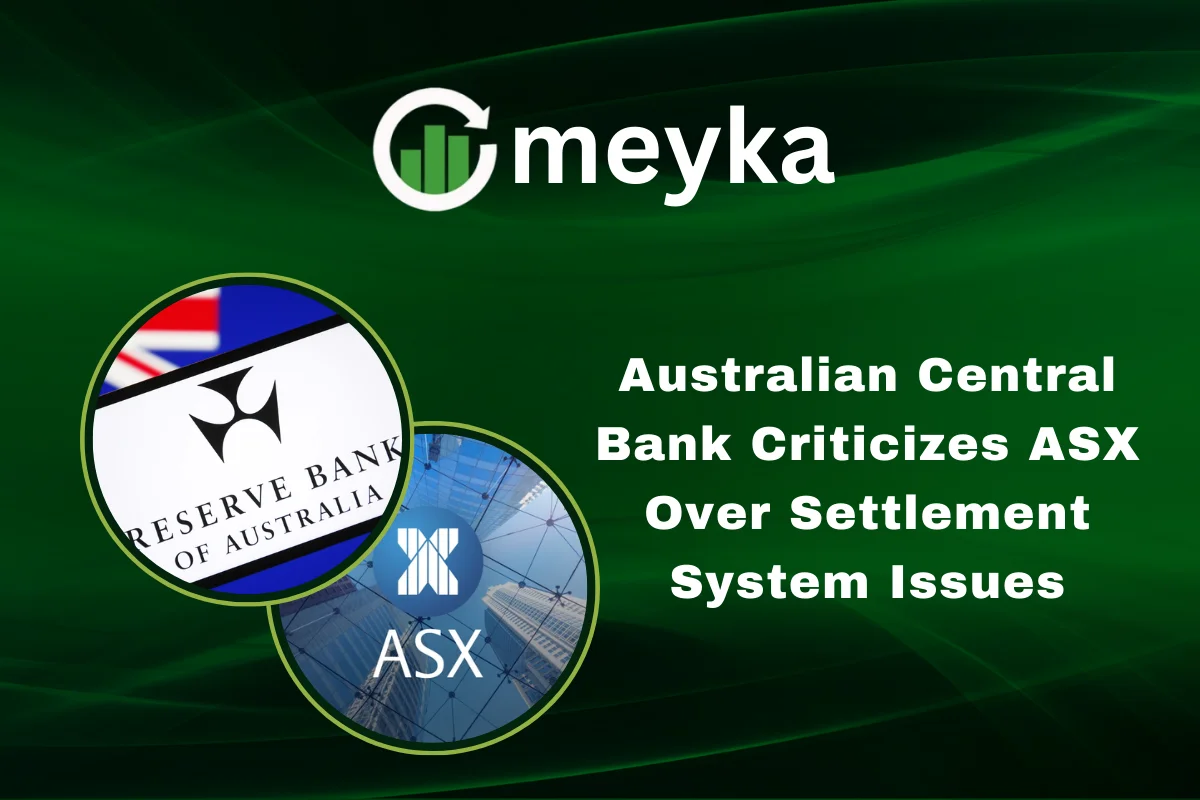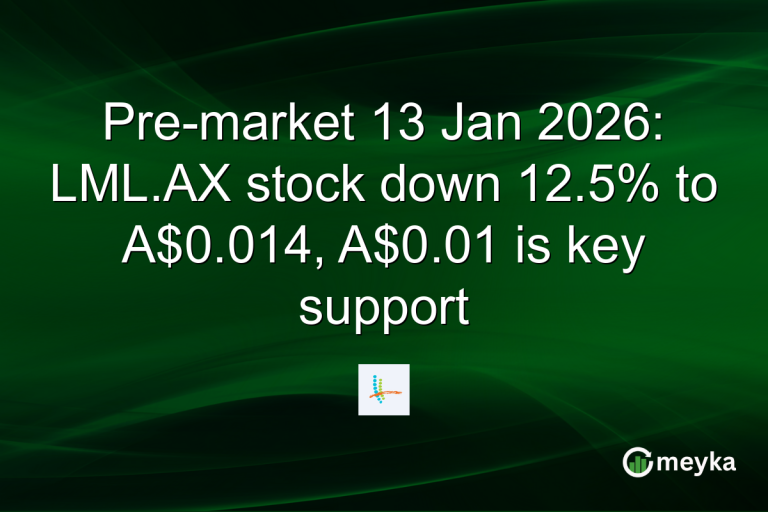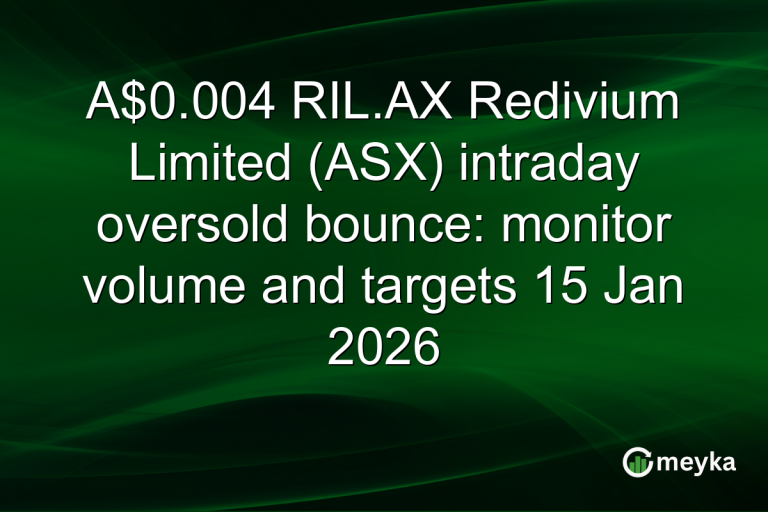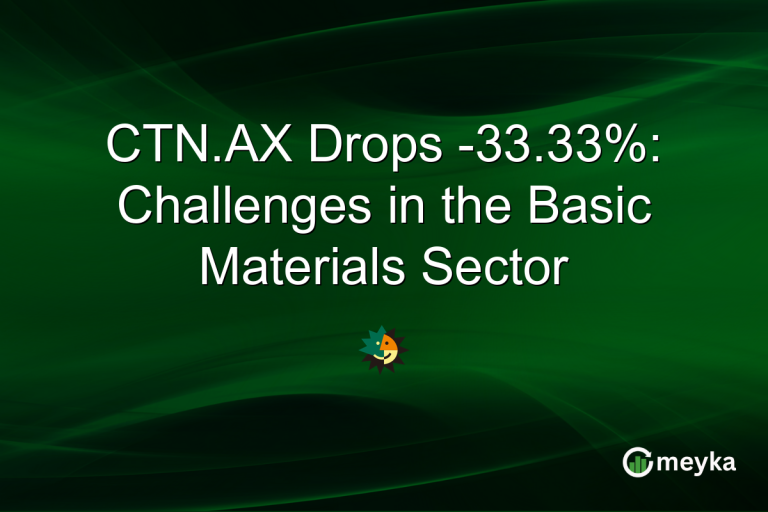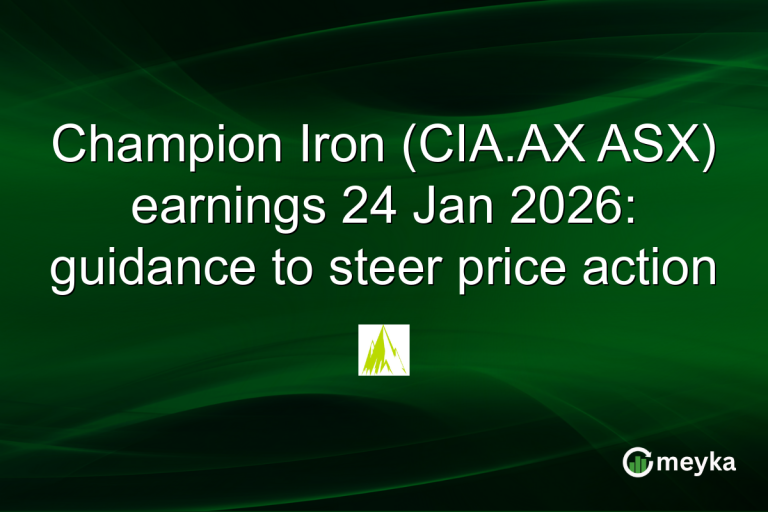Australian Central Bank Criticizes ASX Over Settlement System Issues
The Australian Central Bank has voiced strong criticism of the Australian Securities Exchange (ASX) for persistent challenges surrounding its settlement system. These concerns have drawn widespread attention in financial circles, raising questions about the reliability of Australia’s financial infrastructure, investor confidence, and the future of the nation’s stock market operations.
Background of the Settlement System Problems
The settlement system at the ASX is central to ensuring the smooth processing of trades across the stock market. This infrastructure guarantees that when investors buy or sell shares, those trades are finalized securely and efficiently. However, the ASX has struggled in recent years to modernize its settlement platform, particularly with the troubled replacement of its long-standing CHESS system.
CHESS, which stands for Clearing House Electronic Subregister System, has been the backbone of Australia’s equities settlement since the 1990s. Plans to upgrade CHESS to a blockchain-based replacement were delayed multiple times due to technical failures and governance concerns. The abandonment of the project in late 2022 signaled a major setback for ASX, undermining trust among regulators and market participants.
Why the Australian Central Bank is Concerned
The Australian Central Bank has made it clear that the smooth functioning of financial markets is vital for economic stability. Any disruption in the settlement system threatens liquidity, trading confidence, and the security of capital markets.
In recent public remarks, officials stressed that the ASX’s inability to deliver a reliable upgrade has exposed systemic vulnerabilities. They argued that poor management of the settlement system risks making Australia less competitive internationally, especially at a time when global stock markets are embracing digital innovation and stronger infrastructure.
This criticism highlights deeper issues: insufficient risk management, delays in technology adoption, and a failure to meet the expectations of regulators, investors, and listed companies.
Impact on Market Confidence and Stock Trading
Confidence is the lifeblood of the stock market, and when the infrastructure underpinning it comes into question, investors naturally hesitate. The problems with ASX’s settlement system may not have caused outright trading halts yet, but they have created uncertainty that could affect liquidity and participation over the long term.
For retail and institutional investors alike, settlement risk raises concerns about whether their trades will be finalized as expected. For listed companies, delays in settlement can impact share issuance and capital-raising activities. This ripple effect extends into stock research, valuation analysis, and investor strategies that depend on predictable market operations.
Global Perspective and Comparisons
Globally, many exchanges have modernized their clearing and settlement systems to embrace digital solutions. For example, the U.S. is moving to a T+1 settlement cycle, while European markets continue upgrading their infrastructures to meet international standards.
The ASX’s failed blockchain initiative has made Australia stand out, but for the wrong reasons. While it was once hailed as a pioneer for adopting distributed ledger technology, the project’s collapse exposed governance weaknesses. The Australian Central Bank emphasized that Australia must now catch up quickly or risk falling behind other advanced markets.
Future Path for the Settlement System
The ASX has now committed to working on a more traditional approach to replacing CHESS, focusing on reliability rather than bold innovation. This shift indicates a recognition that over-promising and under-delivering can be more damaging than slower, steady progress.
The Central Bank insists that greater transparency and accountability are needed. Market participants, including banks, brokers, and investors, must have confidence that the new system will be delivered on time, tested thoroughly, and managed responsibly.
For investors tracking AI stocks and other emerging sectors, infrastructure reliability is critical. High-growth areas of the stock market often depend on fast settlement cycles and strong investor confidence. Without addressing these issues, Australia risks losing its competitive edge in attracting global capital.
The Role of Regulators
Regulators such as the Reserve Bank of Australia (RBA) and the Australian Securities and Investments Commission (ASIC) are expected to play a stronger role going forward. Both institutions have already expressed frustration with ASX’s handling of the settlement system and are likely to enforce stricter oversight.
The Central Bank’s criticism is not just a warning; it is a call for structural reform. This includes improved project management, better communication with stakeholders, and a clear roadmap that prioritizes stability over experimental approaches.
What This Means for Investors
For everyday investors, these settlement system issues may seem distant, but they carry real-world consequences. Reliable settlement systems ensure that trades are executed smoothly, dividends are distributed on time, and market confidence remains high.
The lesson here is that while companies may dominate headlines with their earnings or new product launches, the backbone of the financial system is equally important. Without it, the stock market cannot function effectively.
Investors who follow stock research closely should monitor developments around ASX’s settlement replacement. Any signs of further delays or mismanagement could weigh on market sentiment, especially for sectors reliant on high liquidity.
Conclusion
The Australian Central Bank has made a decisive statement by criticizing the ASX for its settlement system failures. These concerns go beyond technology; they strike at the heart of market confidence and financial stability.
Australia’s stock market is a cornerstone of its economy, and without reliable settlement systems, the risks extend to investors, companies, and the broader financial system. The future of ASX’s credibility will depend on its ability to deliver a transparent, accountable, and functional solution that meets the expectations of regulators and participants alike.
FAQs
The Australian Central Bank criticized the ASX due to persistent failures in modernizing its settlement system, particularly the failed CHESS replacement project, which exposed systemic risks to the financial market.
CHESS (Clearing House Electronic Subregister System) is the ASX’s settlement platform that finalizes trades in the stock market. It has been crucial since the 1990s for ensuring secure and efficient trade settlements.
Settlement issues create uncertainty about whether trades will be finalized properly. This impacts investor confidence, liquidity, and the ability of companies to raise capital through the stock market.
Disclaimer:
This content is made for learning only. It is not meant to give financial advice. Always check the facts yourself. Financial decisions need detailed research.
